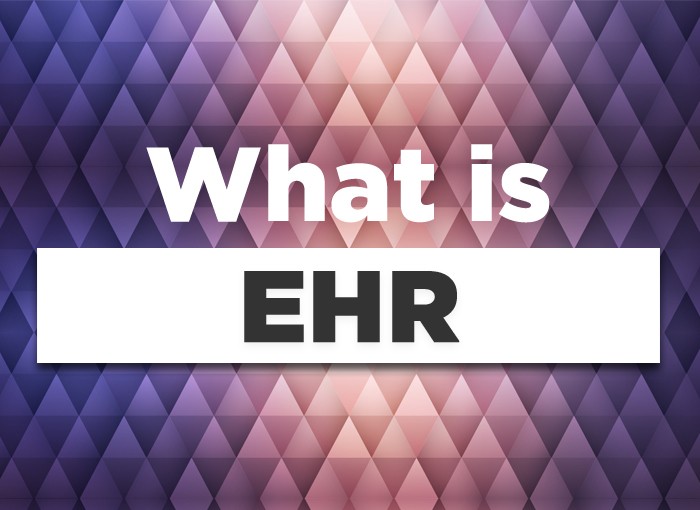What is EHR and Advantages of EHR
According to Healthit.gov, Electronic Health Record (EHR) is defined as a “digital version of a patient’s paper chart. EHRs are real-time, patient-centered records that make information available instantly and securely to authorized users. While an EHR does contain the medical and treatment histories of patients, an EHR system is built to go beyond standard clinical data collected in a provider’s office and can be inclusive of a broader view of a patient’s care.”
Electronic Health Record is designed is to contain information such as allergies, diagnoses, immunization dates, laboratory and test results, medications, treatment plans, radiology images, and a patient’s medical history, etc. This information helps a provider to make informed decisions about the patient’s medical care. There are various evidence-based tools to that the provider can use to make the right decision without any delay. Using EHR for automated streamline workflow can increase productivity.
Also, Electronic Health Record allows the authorized health care provider to share patient’s health information with other providers or other health care organizations including emergency facilities, laboratories, medical imaging facilities, pharmacies, specialists, and school and workplace clinics. The purpose of this feature is to share information from all clinicians involved in a particular patient’s medical care.
Advantages of Electronic Health Record
- Accurate Patient Information: The major advantage of EHR is the accuracy in recording patient’s data such as name, age, sex, demographic and insurance details, etc. Switching to EHR rather than recording manually allows the provider to prevent denied claims that may occur due to incorrect details of the patient’s health information.
- Improved Health care with Better Quality: EHR is a one-stop-solution to provide better health care by having a patient’s medical history in digital form. Unlike paper-based medical history records, digitally recorded medical history of a patient is easier to keep track of. The provider can read the entire medical history from beginning to end without misplacing any document. Therefore, the provider can rely on recorded information to give better treatment to the patient.
- Better Efficiency and Productivity: EHR helps organize and store data in a streamlined manner. Making it easy for the provider to look for any specific information in a particular section. This is quite beneficial in saving time that you may lose while going through a based-paper health record of a patient.
- Accessibility: The data recorded in the EHR can be accessed anytime from anywhere. This feature is quite helpful if you are providing teleconsultations to your patients. Also, you don’t need to rush to your office to get the file of a patient’s medical record.
- Cost-Effective: Investing in EHR may seem expensive but on the contrary, is the most cost-effective way to improve your workflow. It is a one-time investment where you don’t need to buy paper and files every month. Also, you don’t need to worry about managing and storing patients’ health record files.
- Correct Coding and Billing: EHR also plays an important role in generating accurately coded medical bills and filing claims. Since the information is error-free there is no chance of generating inaccurately coded bills and filing correctly filled claims.
- Enhanced Security: Unlike paper-based health records, EHR comes with enhanced security to keep patient data safe.




